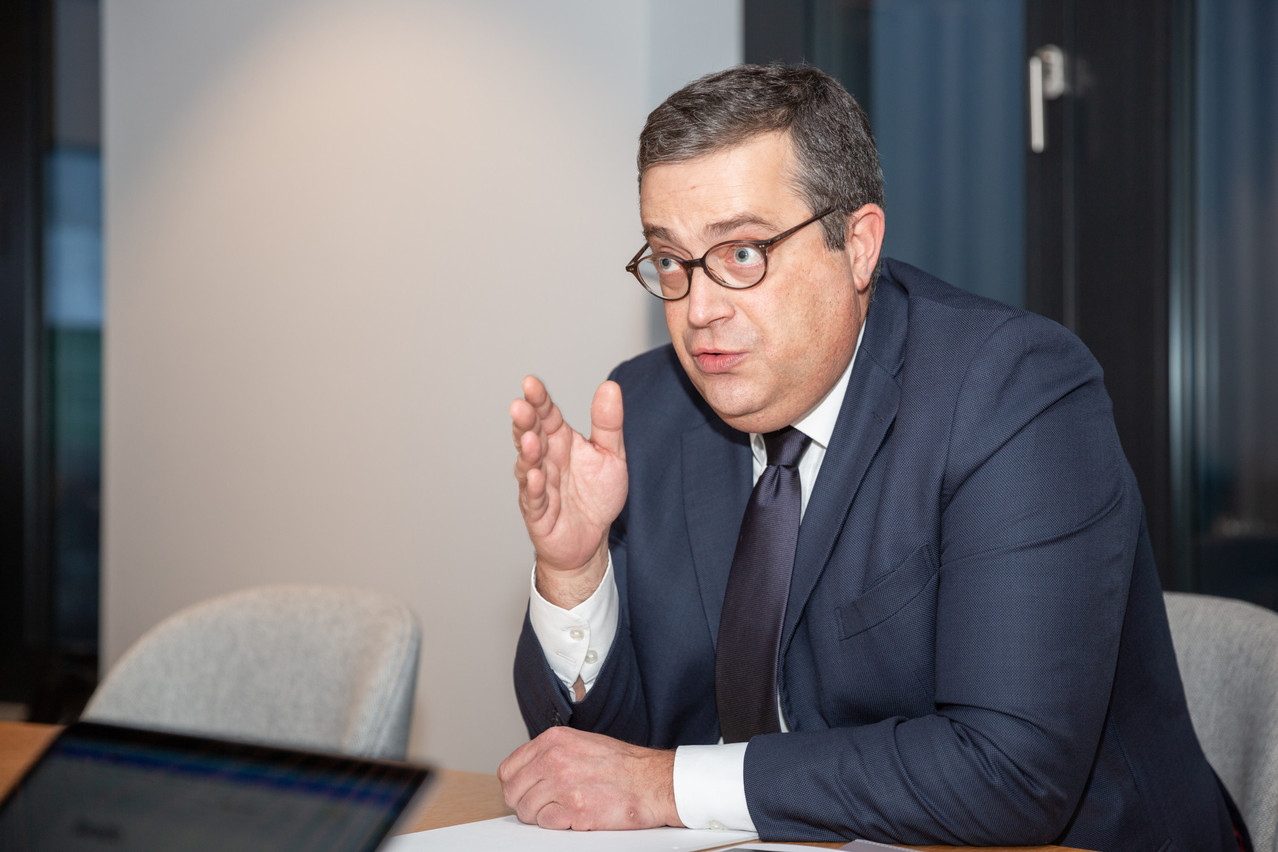Beyond the figures, the highlight of Deloitte Luxembourg’s published results is its “impact report”, showing the company’s impact on the environment. Deloitte has been publishing an impact report for three years now. What’s new is the inclusion of financial data in the report, as just one element within a larger “paradigm shift in the way the firm views performance and how it intends to have a positive impact beyond profit.”
For , CEO and managing partner of Deloitte Luxembourg, “the raison d’être of a company goes beyond its financial impact. We must also take into account the way in which it works to become a committed and responsible player in the society in which it evolves.”
In the report, Deloitte cites the network’s world impact initiative; its participation in The Climate Fresk; a series of collaborative workshops empowering Deloitte employees to take concrete steps to combat climate change; and its support for external initiatives such as Jonk Entrepreneuren Luxembourg.
500 vacancies
The concept of sustainable development is at the heart of the impact report and is applied to all the pillars of an ESG policy.
Personnel is at the centre of the firm’s attention. Over the past financial year, Deloitte Luxembourg has seen its workforce remain stable at around 2,300 people. This “stagnation” has not prevented the firm from growing, thanks to digitalisation. “But the demand is there and we are very active in terms of recruitment,” explains Psaila. Five hundred people were recruited last year and 500 positions are currently open. “We are looking for skills that are not what we were looking for five or ten years ago and that correspond to our core business. Skills particularly in the technology sector that are needed to adapt to the world of tomorrow and to help our clients adapt to it as well.”
Considering that the firm received 33,000 applications last year and already 20,000 since 1 June, filling these positions will not be an insurmountable task despite the traditional war for talent that is rife in the audit and consulting sector.
Recruiting for growth is one thing. But Deloitte also wants to recruit in order to lighten the workload of its employees, .
As the impact report indicates, the company is as committed to the training and development of its employees, who are offered an average of 37 hours of continuing education per year, as it is to their mental health and wellbeing. In the 2020-2021 financial year, Deloitte employees were offered 470 wellness sessions and allocated three additional days off.
Deloitte has also launched its “Future of Work” programme, which combines a hybrid work model with face-to-face and teleworking.
Results
Psaila is delighted with the 2020-2021 financial year, particularly as it was achieved “in a context that was not obvious. In March 2020, we never thought we would be able to achieve such a result.”
The three service lines each actively contributed to this result with audit and insurance each up 7%, advisory and consulting up 10% and tax up 4.6%. For the managing partner, this demonstrates the relevance of the firm’s multidisciplinary model. “Thanks to a balanced business model, our firm has the necessary assets to respond to uncertainty with confidence. This model allows us to offer the highest quality services to our clients thanks to a transversal approach to their needs, and to develop a strong ‘cross-firm’ expertise, which is essential in fully understanding complex environments and thus providing cutting edge advice.”
Deloitte Luxembourg has been able to take advantage of growth drivers such as the rise of the alternative sector, increasing regulatory complexity and digitalisation. The latter has been accelerated by the pandemic, as has the outsourcing of certain operational processes for Deloitte’s clients. Accordingly, the firm’s managed services business has grown strongly.
“The common thread in all this is sustainability, which is becoming a critical issue for our clients and also for us as an employer and as a company that is well established in the Luxembourg landscape,” said Psaila.
The current financial year should also be a good one if the second half of the year is anything like the first. Psaila expects growth to be equivalent to that of the last financial year: a “reasonable and sustainable” growth that will strengthen the firm’s foundations.
The complete and interactive edition of the Deloitte Luxembourg Impact Report 2021 can be found .
This article in Paperjam. It has been translated and edited for Delano.
